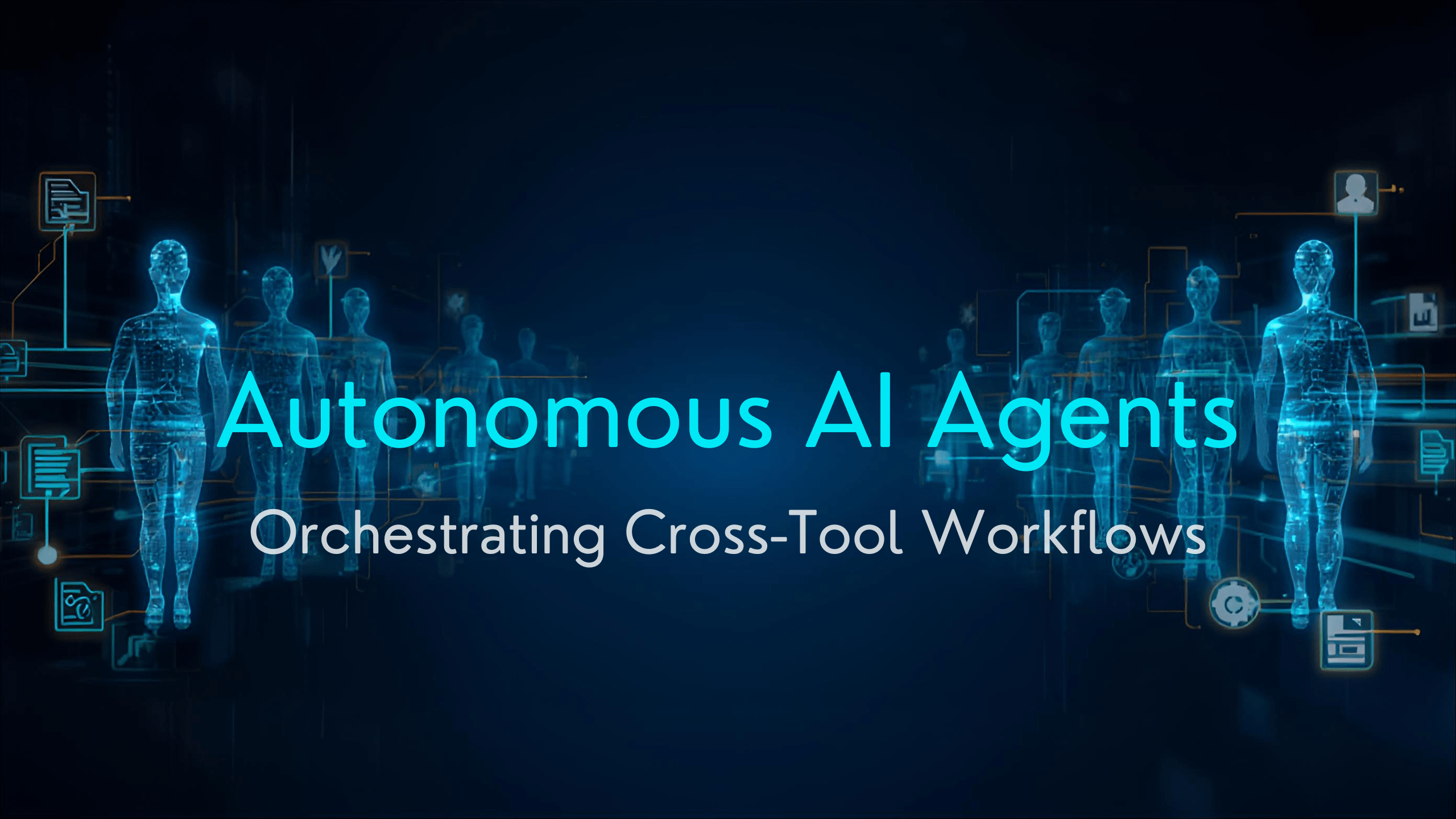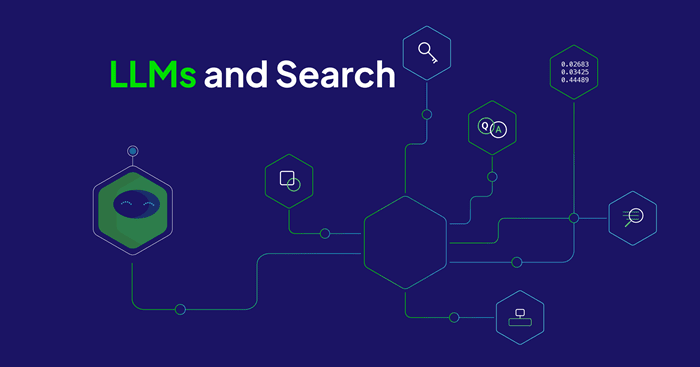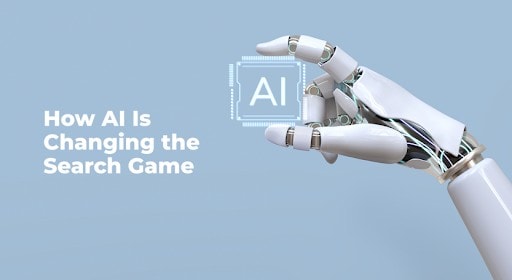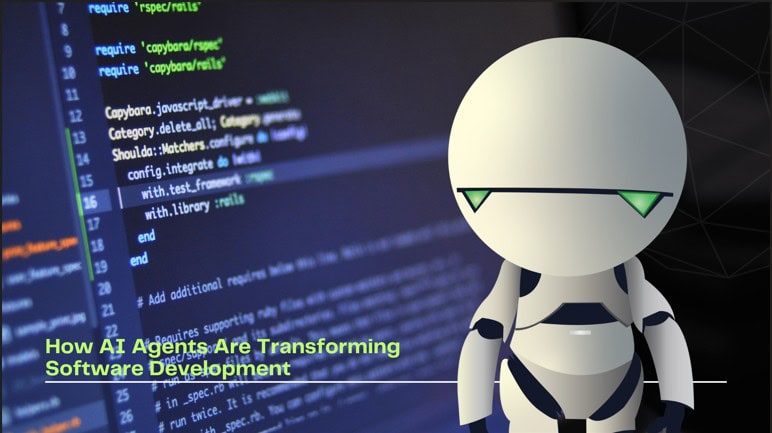The current buzz in the SEO industry revolves around the impact of AI, a topic generating widespread concern. With the media amplifying discussions and expressing apprehensions about AI leading to job losses, it’s a natural source of worry.
The question on many minds is will Generative AI replace SEO Specialists as the industry is experiencing a tangible fear, and it’s completely understandable. In response to this uncertainty, some individuals are tentatively exploring alternative career paths that promise more stability. Yet, the definition of a stable profession is itself being questioned as AI advances into various industries.
What is causing this unease within the SEO community right now? We have weathered the storm of “SEO is dead” proclamations before and emerged unscathed. So, why does the current situation feel distinct and more unsettling?

Why Generative AI is Perceived as a Threat
The apprehension surrounding AI extends beyond the fear of it going rogue and dominating the world, though undoubtedly some lose sleep over that prospect. Generative AI is being hailed as a miraculous time-saving tool with the potential to reduce the workforce. Capable of devising strategies and automating processes, it operates without employment rights.
The risk of AI undermining our careers is not purely hypothetical. Many have witnessed, perhaps cautiously, the integration of tools like ChatGPT in workplaces, streamlining tasks that were once heavily reliant on human administration. Engineers use it for coding, and data scientists use it to identify trends.
The concern arises from the thin line between streamlining processes and eliminating the need for human intervention.
Integrating AI into SEO Practices
I’m confident that you’ve been exploring the integration of AI into your workflows, whether it’s aiding in creating meta titles or assisting in the execution of intricate Python scripts. AI plays a significant role in the world of SEO. It’s important to seek ways to enhance efficiency and automate tasks when feasible. This not only streamlines our work but also allocates the time necessary to identify and pursue more strategic avenues for growth.
You can also read: The Revolutionary Impact of Generative AI on the Future of Marketing
Constraints of AI in the Workplace
At first glance, AI appears poised to address several business challenges by substantially decreasing employee workloads and, consequently, lowering associated costs. Nonetheless, significant limitations position AI as a tool rather than a complete replacement in search marketing.
Lack of Practical Experience
AI boasts exceptional theoretical knowledge, providing instant access to documentation and the ability to identify and use relevant information; it’s undoubtedly intelligent. However, one could argue that it lacks wisdom. There exists a distinction between the usage of a recent graduate who has dedicated the last three years to studying their specialization and a seasoned professional with a decade of hands-on experience in a field.
You likely explored beginner’s guides, attended conferences, and honed your interview pitches. Yet, when you undertook your first website audit, it probably yielded a lot of information. While technically correct in highlighting various aspects, without an understanding of stakeholders’ perspectives or how workloads are prioritized, it might not have significantly impacted the overall outcome.
In the initial stages, you may not have been fully aware of which actions would yield the most significant impact.
Dependence on Existing Information
One major constraint of generative AI in digital marketing is its reliance on existing information. It possesses the ability to create, but only within the confines of pre-existing ideas. Marketing strategies must adapt to evolving human behavior and preferences. Marketers are better equipped to comprehend the impact of trends on their efforts compared to AI.
Relying on Direct Inputs
The effectiveness of AI hinges on the quality of the prompts it receives. Human input remains essential for AI to generate meaningful outcomes.
Despite the often perceived frustration of meetings, the time spent discussing ideas and plans with colleagues serves as a valuable source of guidance. Non-verbal cues, such as a sneer, rolled eyes, or enthusiastic nodding, convey buy-in or disagreement with a strategy. A human can discern these signals and adjust their communication style or plan accordingly.
Furthermore, external factors such as economic or legislative news can prompt an SEO to reconsider their roadmap. Unless explicitly instructed to adapt, the AI might remain oblivious to these changes.
You can also read: How To Use Generative AI Strategies To Improve SEO Results
Limitations in Contextual Understanding
Another aspect that constrains AI is its lack of access to the broader context influencing its output. While AI can be programmed to gather data from various sources, it may never capture the complete situational awareness that a human possesses.
For instance, to assess whether a PR story will resonate positively and at the right time, the AI would need access to current news stories, economic conditions, and brand sentiment—an understanding that surpasses the scope of its data-driven capabilities.
The Indispensability of Humans in SEO
Regardless of the extent to which AI integrates into an SEO professional’s workflow, it cannot entirely replace human expertise. Many facets of our roles demand the ability to compromise, prioritize, and pivot in response to sometimes subtle inputs.
SEO Strategy Demands Human Buy-In
For most SEOs, the most time-consuming aspect of our roles isn’t the planning or implementation of SEO initiatives but securing buy-in.
While an AI system may conceptualize a solution to a technical SEO problem, it cannot engage in the right conversations with engineers to ensure proper execution. Discussing with the team lead why a ticket needs prioritization above others in the queue remains a task that requires a human touch.
Unique Nature of SEO Solutions for Each Website
SEO strategy evolves within a context of distinctive constraints. Each website and the vertical it operates income with its own set of differences.
For AI to develop an effective strategy, it needs a comprehensive understanding of these unique factors. Every company faces internal challenges that are specific to them, such as a lack of a CMS or subject matter expertise. The complexity of these challenges makes it challenging for AI to grasp how they might impact the feasibility of its recommendations.
Considering Other Priorities in SEO
SEOs must embrace the art of compromise to see their solutions through implementation. The presence of competing demands on resources within a company may lead to a situation where the technically correct SEO solution isn’t the most practical one.
Anticipating AI to comprehend a company’s internal politics well enough to choose strategic battles is not yet a realistic expectation.
You can also read: The Impact of Artificial Intelligence on the Future of Search
The Role of SEOs in an AI-driven Landscape
There exists a concern that not everyone recognizes the irreplaceable value of seasoned SEO professionals in the face of AI advancements. Employers may find the prospect of replacing human workers with AI appealing, primarily driven by cost-saving motives.
However, this notion is a misconception. As highlighted earlier, there remains a crucial need within a company for individuals familiar with the intricacies of search engines and how people conduct searches. Creating effective prompts for AI requires a human touch.
While we continue to explore the benefits of AI in enhancing SEO efforts, it is essential to acknowledge and understand its limitations.
Engaging in discussions with budget-holders becomes pivotal. Illustrate how AI can be effectively used for SEO to save both time and money. Showcase its role in freeing up time, allowing a focus on pursuing growth opportunities, and communicating these insights to stakeholders.
Would you like to read more about “Will Generative AI Replace SEO Specialists” related articles? If so, we invite you to take a look at our other tech topics before you leave!
![]()












